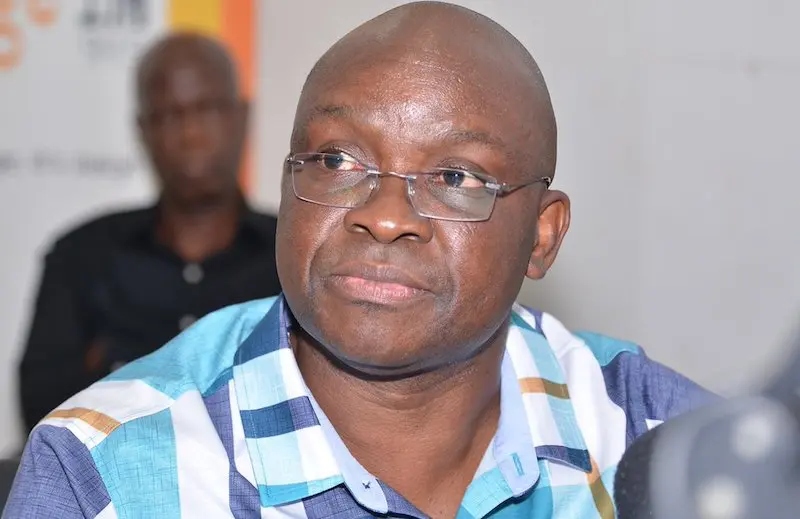The Federal Government of Nigeria has announced that state governments now have increased financial resources to operate, following the removal of the petrol subsidy by President Bola Tinubu’s administration in May 2023. According to the Coordinating Minister of Finance, Wale Edun, the removal of the subsidy has restored confidence in the economy, allowing states to more than double their previous funds.
Edun revealed this information at the National Health Financing Dialogue in Abuja, where he emphasized that the decision to remove the subsidy was challenging but has ultimately paid off. The removal of the petrol subsidy led to a significant increase in the price of Premium Motor Spirit, which has since dropped from over ₦1000 per liter to below ₦900. Despite this, inflation rates have decreased to 21.88 percent in July, down from 22.22 percent in June, although they reached a record high of approximately 27 percent about a year ago.
Food inflation has also decreased, standing at 22.74 percent year-on-year in July, compared to 39.53 percent in the same month last year. Edun noted that the fuel subsidy was primarily benefiting a few individuals and foreigners, accounting for about 2.5 percent of the country’s GDP. The opportunity cost of the subsidy was the lack of investment in critical sectors such as healthcare and education.
The Coordinating Minister of Finance emphasized that the reforms implemented by the government aim to build a competitive economy, allowing every sector and investor to thrive. In June, the Federation Account Allocation Committee shared a total sum of ₦1.818 trillion, representing an increase in revenue of ₦1.39 trillion. This amount increased to ₦2.001 trillion in July, indicating a significant rise in government revenue.
Edun highlighted the importance of financing for the health sector, which requires increased government revenue and collaboration between the public and private sectors. He cited the example of philanthropist Bill Gates, who emphasized the need for the public and private sectors to create a gap for philanthropic efforts to be effective. The federal government is making concerted efforts to restore economic stability, which will have a positive impact on every household.
The government’s efforts to improve healthcare include training more health practitioners across the country and enhancing primary healthcare services. By addressing macro-economic distortions and building government savings, the administration aims to enable public investments in critical sectors and act as a catalyst for private sector growth. This, in turn, will have a positive impact on health financing in the country.



